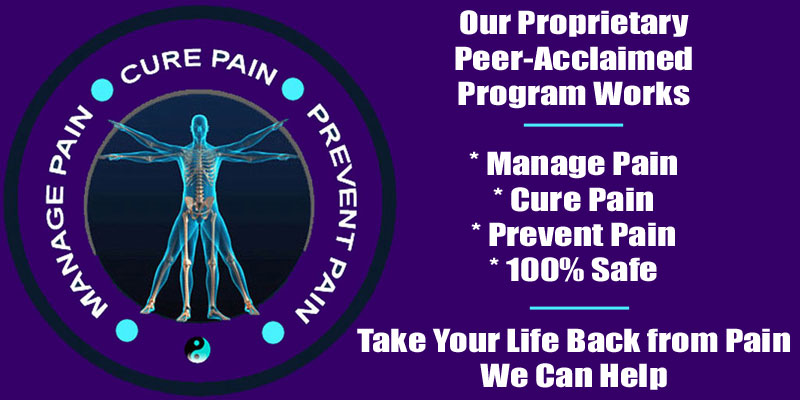
Taking vitamins for sciatica is a holistic form of treatment, but is it effective? Will vitamins provide any therapeutic benefit for chronic sciatica pain? If they will, which vitamins will be the most effective at helping to relieve symptoms?
Vitamins are crucial for wellness and it is important to make sure that you receive an adequate supply of all the major vitamins and minerals deemed necessary as part of a healthy diet. However, vitamins are also a huge industry and are marketed to many people with back pain, neck pain and sciatica as a form of therapy. How accurate is the concept that vitamins and minerals can work to prevent and even cure sciatica?
This discussion focuses on the objective facts about vitamin consumption as part of a sciatica treatment program. We will detail some lesser known aspects of using vitamins to treat specific health issues and will provide an expert consumer advocacy POV to help patients to make informed decisions when it comes to spending their money on vitamin supplements.
Which Vitamins for Sciatica are Most Important?
Most often, the vitamins that are featured in nutritional supplements for sciatica patients include vitamin D, vitamin B12, vitamin A and vitamin C. Let’s look at what each is intended to do in terms of helping to relieve sciatica:
Vitamin D is used during the manufacturing process for new bone cells. Since the spine is created from largely from bone, vitamin D is crucial for a healthy vertebral column.
Vitamin B12 is vital for proper nerve functionality. Since sciatica is a nerve pain disorder, the idea is that vitamin D might prove of some value in resolving the pain.
Vitamin A is also a component of bone cells and is therefore often linked to spinal health.
Vitamin C is an important part of ligaments, tendons, bones and blood vessels, but is also used to create scar tissue.
Sciatica Minerals and Vitamins
Minerals are also commonly included in sciatica nutritional supplements and are linked to therapeutic effects from dietary intake. Let’s look at some of the most important mineral ingredients in sciatica supplements:
Calcium is a fundamental component of bone cells and helps to stave off low bone density as we get older. In order to have a healthy spine, an adequate supply of calcium should be consumed throughout every year of life.
Magnesium is also important for bone health, but is a crucial component of muscular functionality. Increasing magnesium dietary intake has been proven to reduce muscle pain and spasm for some patients and some conditions.
The Facts About Taking Vitamins for Sciatica
Ok, so we all know that vitamins are important for maintaining good health. No one would dispute that. However, do they actually work to prevent or even reverse sciatica? The answer is a clear yes and no…
Since good health tends to ward off chronic pain conditions, and since some sciatica can be caused by conditions caused by vitamin and mineral deficiency (like osteoporosis), then yes, vitamins are somewhat effective for sciatica prevention. If the body is deprived of necessary vitamins, then disease and disorders can take hold, potentially causing sciatica and many other nasty health issues.
However, for healthy people who consume a balanced diet, taking additional vitamins or minerals is highly unlikely to provide any pain relieving benefits towards ending sciatica symptoms. There is simply no verifiable proof that taking any particular vitamin or mineral in quantity will help to cure sciatica pain. However, the anecdotal evidence cited by vitamin supplement manufacturers will have you believe otherwise…
This brings us around to a very important point. Even if vitamins were crucial to ending sciatica, are supplements needed? The answer is virtually always no. A well balanced diet will contain all the nutrients any person will ever need to achieve and maintain optimal health. In fact, taking additional vitamins and minerals that far surpass the recommend daily allowance can actually be toxic to the body and cause all sots of problems. Therefore, we tend to recommend eating good quality whole foods in sufficient quantities to fulfill your dietary requirements, while not eating more than you need, not eating poor quality food and not eating a diet filled with processed and pathological foods.
Remember that the companies and care providers who will tell you that you NEED to take more vitamins are ALWAYS the same entities that happen to sell these vitamins, often at huge mark-ups. It is a financial windfall for them to convince you of the need to add these substances to your diet, while in most cases, there is no need at all or no need that can not be easily filled by altering your normal food intake without buying expensive, unnecessary supplements.





